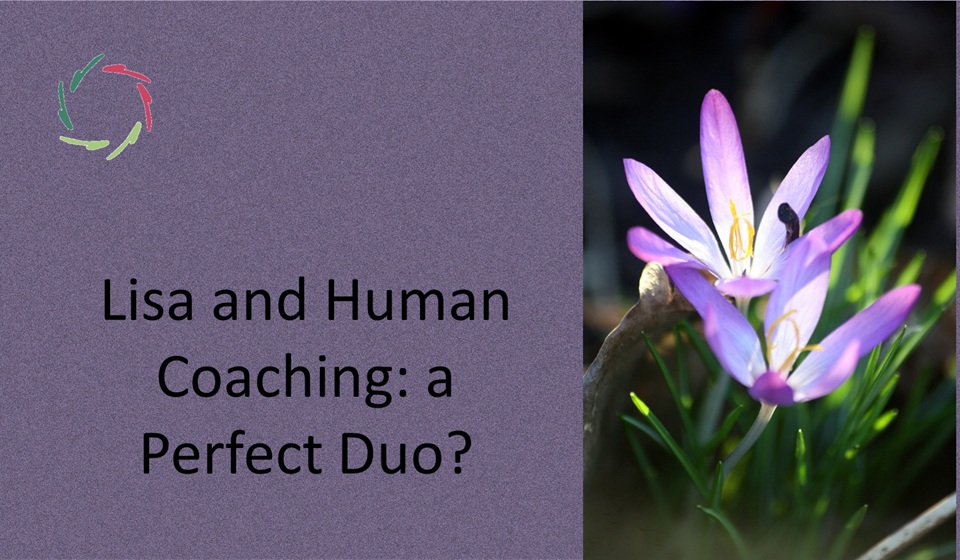Empathy ― Sympathy

Differences are subtle yet essential ― even more so in healthcare, for instance.
Semantics
To avoid conceptual misunderstanding, please see the image at [see “Landscape of Empathy”] before reading further. To me, empathy is sitting in the boat, while sympathy is swimming in the water of the stream.
Even so, there is no strict delineation between empathy and sympathy, not even conceptually. One can jump in the river, swim around a bit, then get back in the boat. With empathy – landscape style – one can get back in the boat when preferable. This diminishes the risk of being swept away (emotional contagion), which is the danger that some anti-empathy writers warn against.
Using the concepts from the above landscape, I doubt that any would still warn against empathy.
Danger of sympathy
In sympathy, you may swim, but there is, of course, a constant stream. You may get dead-tired after a while and end up in burnout. Many caregivers are in this situation. “More than half of all doctors have burnout; a staggering proportion (more than one in four in young physicians) suffer frank depression.” [E.Topol, 2019]
This is also serious to the healthcare itself. The quality of providers’ care diminishes with the level of burnout. Physicians make more medical mistakes. A therapist’s main instrument (oneself) loses sharpness. Also in good health, the provider’s empathy is more and more seen as crucial to the health and healing of clients/patients.
In my view and experience, the danger of sympathy may explain why medical students’ empathy generally diminishes when entering the clinic after a few academic years. Immediately, they feel the threat of sympathy, and retract. Not being made aware of the subtlety [see: “Subtlety”] between sympathy and empathy, they also lose empathy.
To coaches
The ideal is individually different and dynamic.
Precisely because of this, being able to get in the boat when needed or just wanted is essential. With empathy, you are in control practically all of the time. With sympathy, you are dependent on the river. If the stream flows too hard and you cannot get in your boat, you are swept away.
In the boat, you keep your Inner Strength. [see: “Inner Strength”] As a coach, this is almost always preferable.
Cultivating empathy
Crucial to this is the distinction empathy ― sympathy.
Unmistakably, there are important differences in empathy (and sympathy) between people, including those who feel for a healthcare provider career. There is little discussion about this.
There is more discussion about whether empathy can be enhanced.
In my view, empathy can be cultivated but not taught, certainly not in a lesson or three. This said, here’s a lesson or three. These have been written primarily for colleagues-physicians a few years ago, and published in The Physicians’ Journal:
- [see: “Empathy in 1, 2, 3 – Part 1: ‘Silence’“]
- [see: “Empathy in 1, 2, 3 – Part 2: ‘Openness’“]
- [see: “Empathy in 1, 2, 3 – Part 3: ‘Beyond the Conceptual’”]
I rewrote them towards AURELIS blogs. Note that these are never informational. They are invitational. They invite you, reader, to self-reflection. In this, they are somewhat between prose and poetry, or an AurelisOnLine session. Self-reflection may lead to self-cultivation if you let it be so. Please take this into account while reading these three parts.
“How does the reading affect me?” is a different question from “What’s in it for me?” Succinctly, there’s in it for you what you are ready for to listen to, in inner silence. After this (part 1), part 2 may also be more telling.
About lesson three, the following:
Compassion
I talk about this – or ‘empathy beyond’ [see also RG: “Empathy Beyond the Conceptual Level“] – when subconceptual processing and communication are frankly involved. It brings an additional level of complexity. [see: “Complexity of Complexity”]
For a coach or other healthcare provider, Compassion is a nice asset. In my view, this comes best on top of empathy. It may be better to avoid ‘sympathy beyond’ in coaching. That may be reserved for private situations.
As a Compassionate coach, you need your coach’s Inner Strength for yourself and your clients.
―
[Topol, 2019] Deep Medicine: How Artificial Intelligence Can Make Healthcare Human Again


